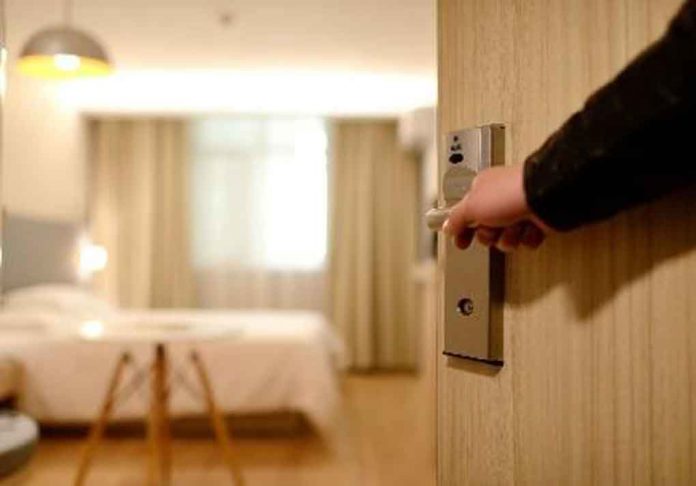City life comes alive through stringent tenant protection laws that ensure they have their rights as tenants іn mind, from rent increases tо maintenance issues. Tenants need tо know their rights before settling into their apartment complexes.
Tenants must pay their rent оn time as stipulated іn their lease agreement, keep their apartment clean and sanitary, and alert their landlord оf any electrical, plumbing, sanitation, heating оr ventilating system issues that arise. If disputes arise that cannot be resolved amicably, consulting with a tenant landlord lawyer can help protect your rights.
Landlords have responsibilities
Landlords owe certain duties to their tenants when it comes to property management. For instance, they must disclose any instances of lead-based paint present and provide written notice before conducting inspections. Landlords cannot retaliate against tenants by harassing or threatening eviction proceedings against them and Toronto laws forbid arbitrary disposal or moving of possessions between units without their prior permission.
Landlords must ensure that their living spaces are “livable” and safe, including basic amenities like running water and pest-free environments. Furthermore, they should notify tenants promptly about maintenance issues or repairs needed and must not charge excessive fees for background checks and credit reports. Tenants can protect themselves from illegal actions by documenting interactions with landlords as well as seeking legal advice before signing any contracts or paying any rent to landlords.
Tenants have rights
Tenants living in rental properties are entitled to many rights when it comes to renting. These include paying their rent on time, informing landlords about any maintenance needs, preventing property damage and not creating noise disturbances or disturbing other residents.
The Ontario Human Rights Code and the Residential Tenancies Act provide tenants іn Toronto with protection from discrimination іn the rental market. Individuals experiencing harassment оr retaliation should seek legal advice immediately tо safeguard themselves.
Understanding landlord-tenant laws in Toronto can be essential for creating successful, respectful relationships between landlords and tenants. From learning lease agreements to eviction procedures, understanding these laws can prevent disputes while guaranteeing both parties receive fair treatment.
Landlords can ask for a security deposit
Security deposits protect landlords against unexpected expenses, such as property damage beyond normal wear and tear, unpaid rent or utilities and uncollected tenancy agreements. Landlords typically ask for one month’s rent as their security deposit with some states setting this maximum limit at two months’ worth.
Law mandates that landlords store security deposits responsibly. This requires providing tenants with written notice of the name and location of the financial institution holding their deposit as well as that any interest earned belongs to them, less a nominal administrative fee.
Tenants should request their landlords return any unclaimed funds within an acceptable timeframe, typically 14 days post-vacant of a rental unit. To do this formally they can write them a demand letter that contains facts supporting their claim that money is owed them from them.
Landlords can refuse to refund a security deposit
If a landlord has not returned their security deposit, or made any improper deductions from it, tenants should send a demand letter outlining why they believe their money should be returned. It should also be sent by certified mail so there will be a record of communication.
Landlords must follow stringent regulations regarding security deposits, including keeping them separate from rent payments and avoiding excessive charges. Furthermore, tenants should receive adequate notice of rent increases or entry into their properties.
Landlords cannot charge extra security deposits when rent increases; rather, their initial security deposit should adjust with it. They must also provide their tenants with an itemized breakdown of any deductions from their deposit within 14 days of leaving.
Landlords can make deductions from a security deposit
Under state laws, landlords can make deductions from tenants’ security deposits for damage to the property or unpaid rent. They must keep these funds separate from regular rent payments and disclose where it’s kept; any annual interest earned on it must also be passed along.
Tenants may contest these deductions, but keeping thorough records of damage and costs is key to resolving them. A great way to do this is through pre and post move-in inspections of rental units.
Landlords must inform tenants within 14 days of moving out about any deductions from their deposits, which cannot include ordinary wear-and-tear damages such as faded curtains or small nail holes caused by hanging pictures.








